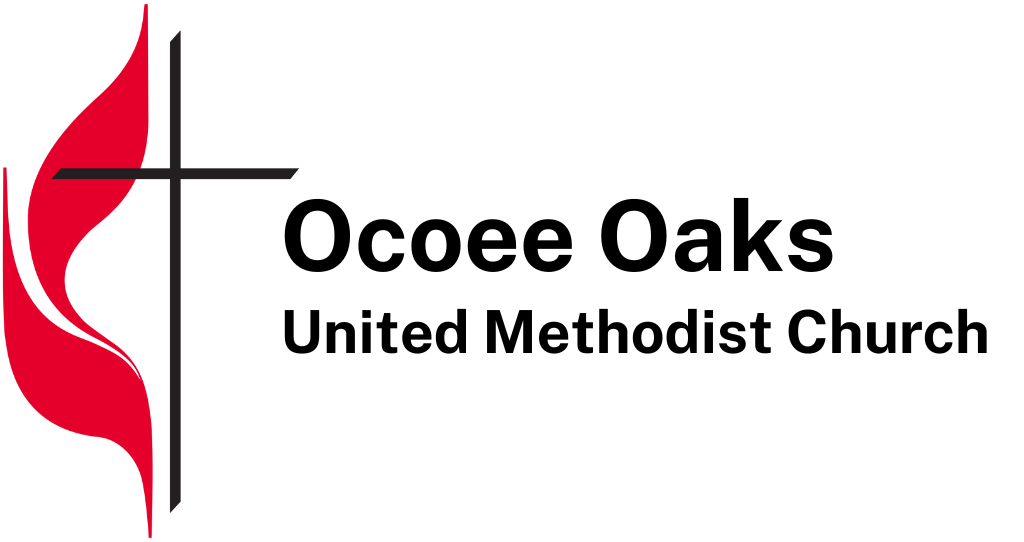Leaving a Legacy - A Deeper Dive
Scripture: Psalm 78:1-8
Message Summary
This week, we discussed leaving a godly legacy through our words, deeds, and how we live our lives. Our legacy reveals our priorities and whether we pointed others to Jesus or ourselves. Like passing a baton in a relay race, we are to pass on the testimony of God's work to the next generation.
You can find a link to the full video of this week’s message below. Here are some of the key points:
Legacy defined - The term “legacy” can refer to a legal inheritance, physical traits passed down, or the lasting impact of one's actions and life. A legacy is what we are remembered for and the positive changes we made in others' lives.
In Scripture - In biblical times, leaving a legacy was often associated with a father providing an inheritance for his sons. However, Scripture also emphasizes passing down wisdom, history, and the stories of God's grace and mercy to future generations.
Three keys to building a godly legacy:
A godly legacy is based on our words and tone, reflecting what is in our hearts.
A godly legacy is built through good deeds done in service to God, like the Apostle Paul.
Living our best life means focusing on living to fulfill God's purposes, not accumulating wealth or possessions.
Passing the baton - God’s plan for the church has always been that one generation would pass the baton of the testimony of Jesus to the next generation. LIke in a relay race, each of us is just one in a series of runnersj. We haven’t completed the race until we’ve passed the baton.
Leaving or Living a legacy
When talking about leaving a legacy, we sometimes get caught up in the trap of only looking backward. What memories are we leaving behind? Or worse yet, we might be drawn into an attitude of, “After I’m gone, what does it matter? I’ll let everyone else figure it out.” Perhaps rather than thinking in terms of leaving a legacy, we should shift our thinking to living a legacy. Where leaving a legacy might imply doing something without much thought, living a legacy seems more intentional.
Life is meant to be lived forward. Danish philosopher Kierkegaard wrote, “Life can only be understood backwards; but it must be lived forwards.” It is human nature to focus on what we will leave behind. Maybe we think about what our loved ones will say about us when we’re gone. But really, our legacy is what we put in motion today for future generations to carry on. What values, stories, and traditions are we sharing with those closest to us? What are we intentionally doing to influence the lives of future generations?
There is comfort in knowing that some future generation will gather together and share the stories and songs of the previous generations. They may not know exactly where the words came from, but they still believe them.
Leaving a Legacy - Full Sermon Video
